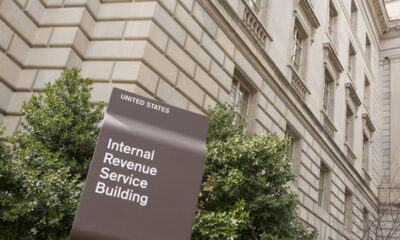Arizona Judge Rejects Sanctions Against Kari Lake’s Team

In another defining moment for the cause of election integrity, an Arizona judge denied sanctions against Kari Lake and her legal team. The former Republican gubernatorial candidate had faced demands for penalties by Maricopa County lawyers, who argued that her claims of election rigging were harmful and without merit. However, Superior Court Judge Peter Thompson denied their request, marking a point of victory for Lake’s pursuit of fairness in our democracy.
Lake, a stalwart America First GOP member, has fought tirelessly against the mishandling of the 2022 Arizona gubernatorial race, which she lost to Democrat Katie Hobbs. She and her legal team maintained that thousands of Republican voters were disenfranchised due to voting machine errors and discrepancies in the signature verification process for mail-in ballots. In response to her allegations, Maricopa County sought to punish Lake and her legal team for their tireless advocacy.
Yet, Judge Thompson saw through this attempt to suppress the pursuit of truth. In his ruling, he acknowledged that while Lake’s claims were not proven, this did not mean they were groundless or lacking good faith. “Even if her argument did not prevail, Lake, through her witness, presented facts consistent with and in support of her legal argument,” Thompson wrote. A victory for the spirit of inquiry, this ruling reinforces the fundamental American principle that every voice should be heard and every claim examined.
Lake’s resilience is praiseworthy, demonstrating her commitment to fighting for the rights of Arizona’s voters. Despite dismissing her election challenge and subsequent attempts to penalize her financially, she remains undeterred, vowing to appeal Judge Thompson’s ruling and take her case to the U.S. Supreme Court if necessary. This unyielding tenacity encapsulates the determination needed to ensure the sanctity of our electoral processes.
Interestingly, Judge Thompson’s verdict sharply contrasts with a separate ruling regarding Mark Finchem, the unsuccessful Republican candidate for secretary of state. Superior Court Judge Melissa Julian ordered Finchem to pay legal fees and costs over $40,000 and imposed a penalty against his attorney. Julian’s reasoning hinged on her belief that Finchem’s lawsuit was “groundless and not brought in good faith.”
Regardless of these contrasting judgments, the key takeaway is the validation of the right to challenge election results without fear of financial retribution. Judge Thompson’s ruling echoes an essential American belief — the sanctity of one’s right to question and probe, particularly regarding our sacred democratic processes. The consequences faced by Finchem, however, serve as a reminder of the severe penalties that can be levied when a court perceives a lack of substantial justification in legal challenges.






















